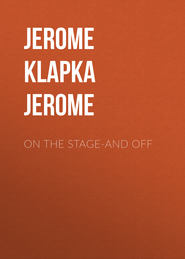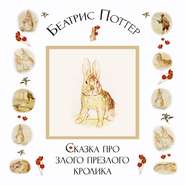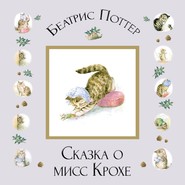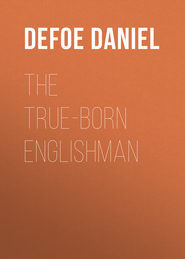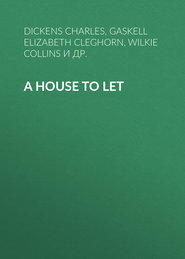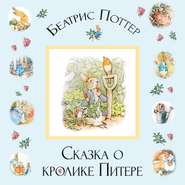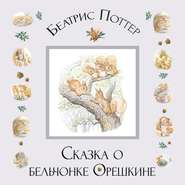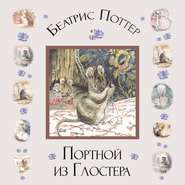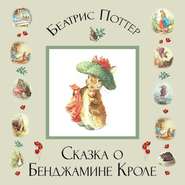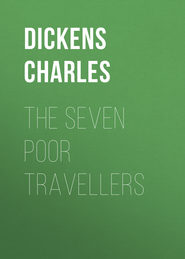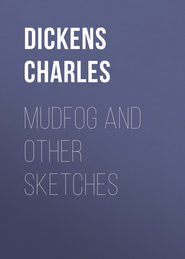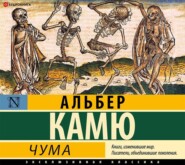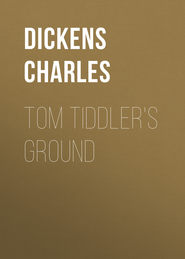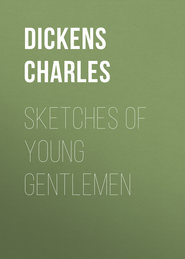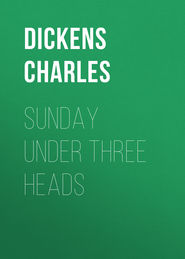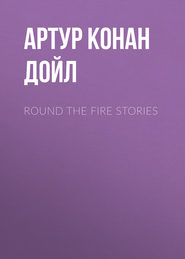зарубежная классика
Беатрис Поттер – английская детская писательница, жившая и творившая в начале прошлого века. В Англии сказочницей гордятся и даже считают ее сочинения национальным достоянием. Ее сказки известны и любимы детьми всего мира. Кого там только не увидишь!…
Беатрис Поттер – английская детская писательница, жившая и творившая в начале прошлого века. В Англии сказочницей гордятся и даже считают ее сочинения национальным достоянием. Ее сказки известны и любимы детьми всего мира. Кого там только не увидишь!…
Беатрис Поттер – английская детская писательница, жившая и творившая в начале прошлого века. В Англии сказочницей гордятся и даже считают ее сочинения национальным достоянием. Ее сказки известны и любимы детьми всего мира. Кого там только не увидишь!…
Беатрис Поттер – английская детская писательница, жившая и творившая в начале прошлого века. В Англии сказочницей гордятся и даже считают ее сочинения национальным достоянием. Ее сказки известны и любимы детьми всего мира. Кого там только не увидишь!…
Беатрис Поттер – английская детская писательница, жившая и творившая в начале прошлого века. В Англии сказочницей гордятся и даже считают ее сочинения национальным достоянием. Ее сказки известны и любимы детьми всего мира. Кого там только не увидишь!…
Беатрис Поттер – английская детская писательница, жившая и творившая в начале прошлого века. В Англии сказочницей гордятся и даже считают ее сочинения национальным достоянием. Ее сказки известны и любимы детьми всего мира. Кого там только не увидишь!…
Беатрис Поттер – английская детская писательница, жившая и творившая в начале прошлого века. В Англии сказочницей гордятся и даже считают ее сочинения национальным достоянием. Ее сказки известны и любимы детьми всего мира. Кого там только не увидишь!…
Беатрис Поттер – английская детская писательница, жившая и творившая в начале прошлого века. В Англии сказочницей гордятся и даже считают ее сочинения национальным достоянием. Ее сказки известны и любимы детьми всего мира. Кого там только не увидишь!…
Беатрис Поттер – английская детская писательница, жившая и творившая в начале прошлого века. В Англии сказочницей гордятся и даже считают ее сочинения национальным достоянием. Ее сказки известны и любимы детьми всего мира. Кого там только не увидишь!…
Беатрис Поттер – английская детская писательница, жившая и творившая в начале прошлого века. В Англии сказочницей гордятся и даже считают ее сочинения национальным достоянием. Ее сказки известны и любимы детьми всего мира. Кого там только не увидишь!…
Беатрис Поттер – английская детская писательница, жившая и творившая в начале прошлого века. В Англии сказочницей гордятся и даже считают ее сочинения национальным достоянием. Ее сказки известны и любимы детьми всего мира. Кого там только не увидишь!…
Беатрис Поттер – английская детская писательница, жившая и творившая в начале прошлого века. В Англии сказочницей гордятся и даже считают ее сочинения национальным достоянием. Ее сказки известны и любимы детьми всего мира. Кого там только не увидишь!…
Два шедевра Альбера Камю – роман «Чума» и пьеса «Недоразумение» – объединены темами свободы и выбора, осознания человеком собственного бессилия перед лицом жестокого рока.
Холодная хроника эпидемии чумы в курортном алжирском городке превращается в тр…
Два шедевра Альбера Камю – роман «Чума» и пьеса «Недоразумение» – объединены темами свободы и выбора, осознания человеком собственного бессилия перед лицом жестокого рока.
Холодная хроника эпидемии чумы в курортном алжирском городке превращается в тр…


